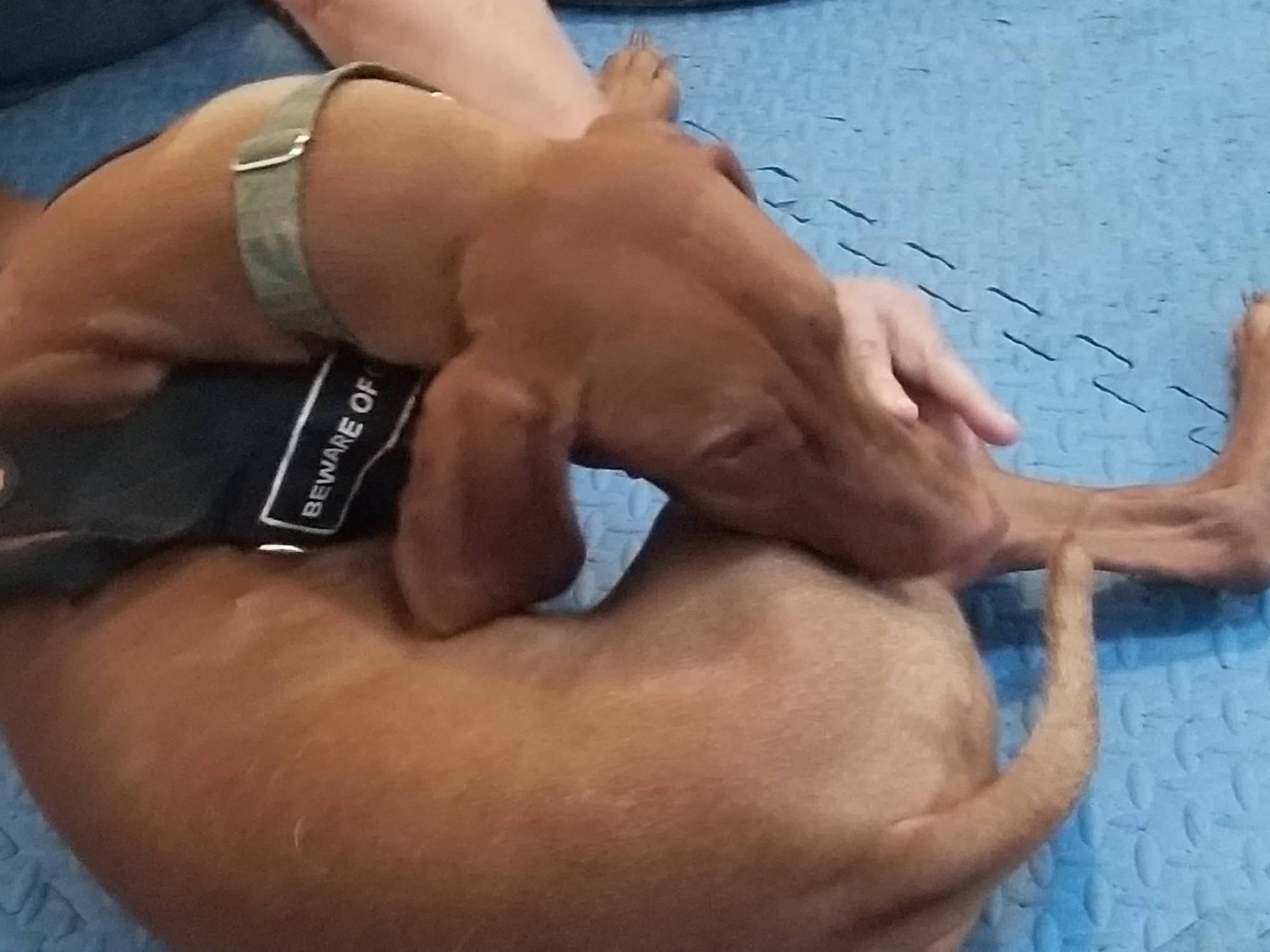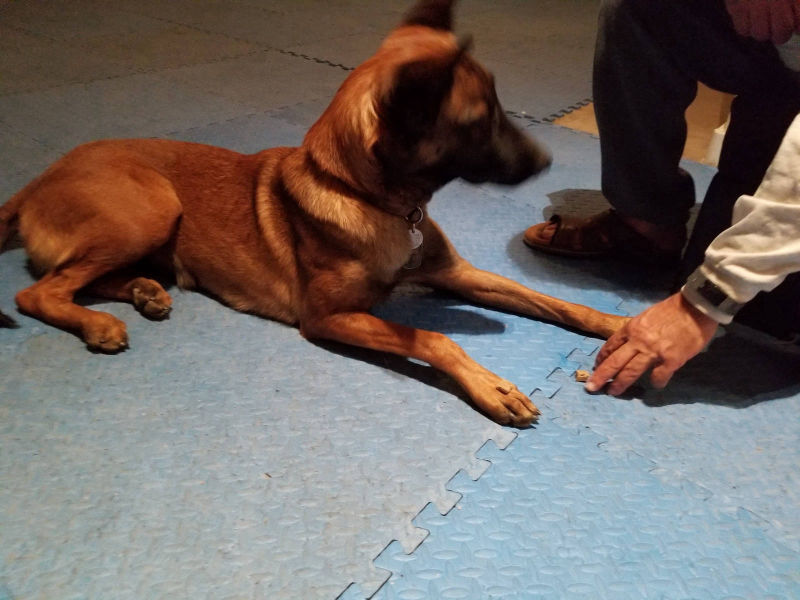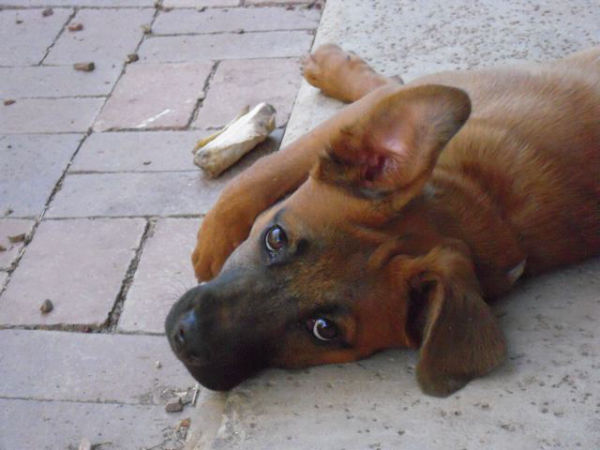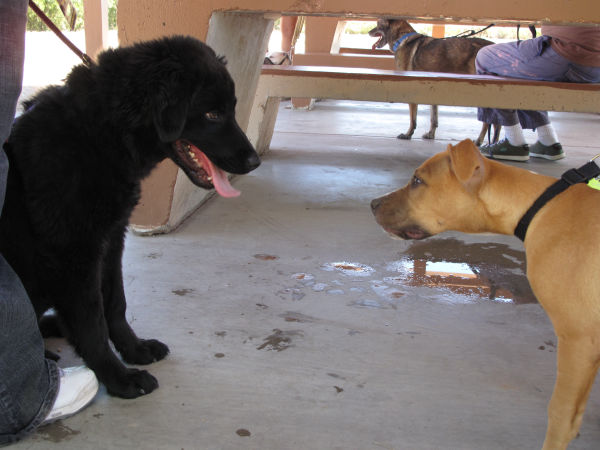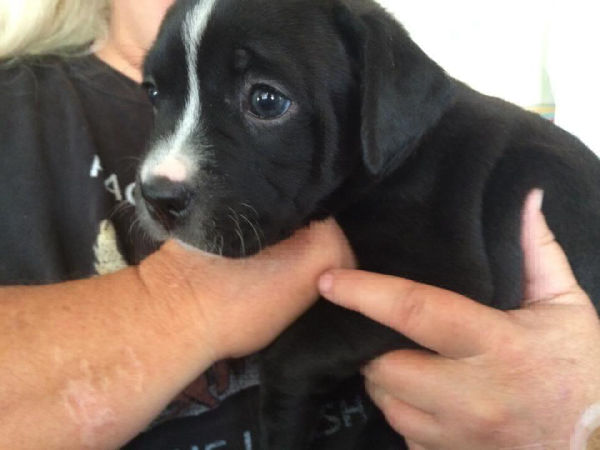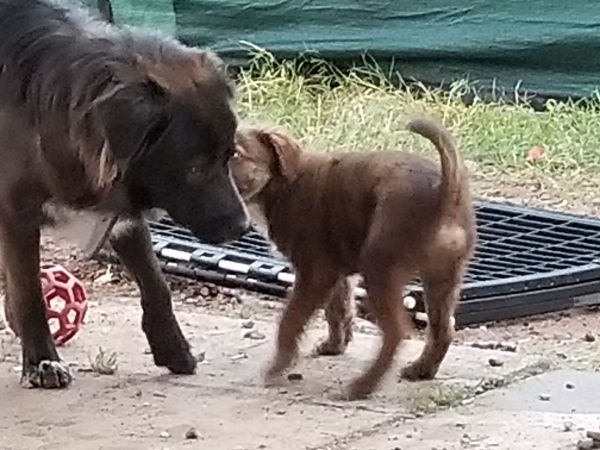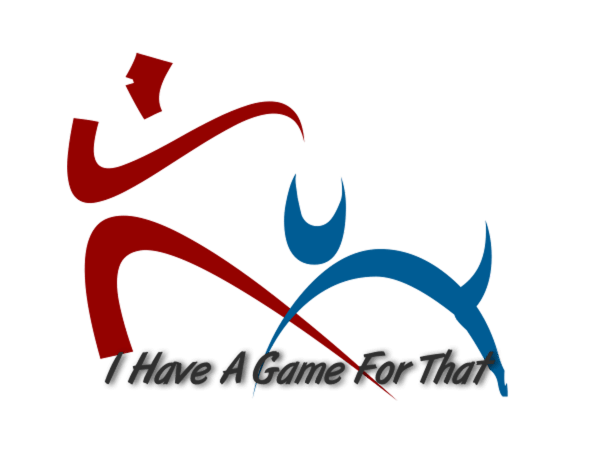Puppies will try everything they can think of to get what they want. When they find something that works, they will continue to use it, but it may not be something you like. Teach your puppy what behaviors you want that will still get him what he wants. Show your puppy that what you want is what he really wants too and that you know where all the best things in life are.
In the past, working with puppies was pretty much confined to house training and maybe a few tricks, sit and possibly down. But real training didn't start until a puppy was about six months old. Things have changed over the last couple of decades and puppies are learning all about life from the moment they are adopted. Some breeders are even instituting enrichment activites and learning opportunities to puppies as young as 3 weeks old. All this being geared to teaching a puppy about the human environment in order to prevent fear and/or aggression later in life.
From the moment a puppy is born, his responsibility is to learn. That responsibility does not change for most of a dog’s life. His sole purpose should be to understand his universe in order to survive. That means learning all about it. That means taking responsibility for finding opportunities to learn.
Obedience behaviors of sit, down, stand, heel, come and stay are taught using games and reward based training. Using these methods, puppies are like sponges and learn things truly fast.
Play behavior in dogs starts at birth and is crucial to their development. Play promotes a puppy’s social skills, fine and gross motor skills, builds their body awareness, environmental awareness and helps them relieve stress. It is a puppy’s job to play. Play is the leading source of development for puppies. As a puppy grows, his ability to play with others teaches all the rules in how to relate to others.
A puppy's play behavior is limited because their fine and gross motor skills are underdeveloped. But even at the ages of 3 and 4 weeks a puppy should play with squeaky and color-contrasting toys that teach simple cause-effect relationships and offer sensory elements. Toys with textures, sounds, and contrasting colors for visual stimulation promote cognitive and motor manipulation. Around 4 weeks of age, puppies begin actively engaging and handling their toys, which teaches them to reach, grasp, mouth push, pull and shake.
Between 6 and 8 weeks, puppies become goal-oriented and begin to understand simple cause-and-effect relationships. This is the time when bite inhibition is developed and the final stages of frustration tolerance are refined. Without the socialization aspects of playing with others at this stage, behavior issues happen that end up with an uncontrollable teenage dog at the pound.
There’s a lot happening during play. Puppies learn to chase and be chased, drop things, look and watch, bounce, hide, pounce, tug, bump into each other, and more. Puppies are busy when they’re playing. And, more than that, they are learning. They are learning key social concepts; what will start play and stop it, that a hard bite will stop play, that not everything goes as planned all the time, to create patterns and change them at will, and how to communicate.
Play is the true work of the young in any species.
And when your puppy plays with you, he is also learning. When you play with your puppy you are teaching him that learning and fun happen everywhere and with every creature. Most of your puppy’s socialization can be done with play. Play creates self-confidence, self-control, impulse control and how to deal with sudden changes in the environment. Play creates a bond between the players and that ability to bond will assist a dog his whole life.
